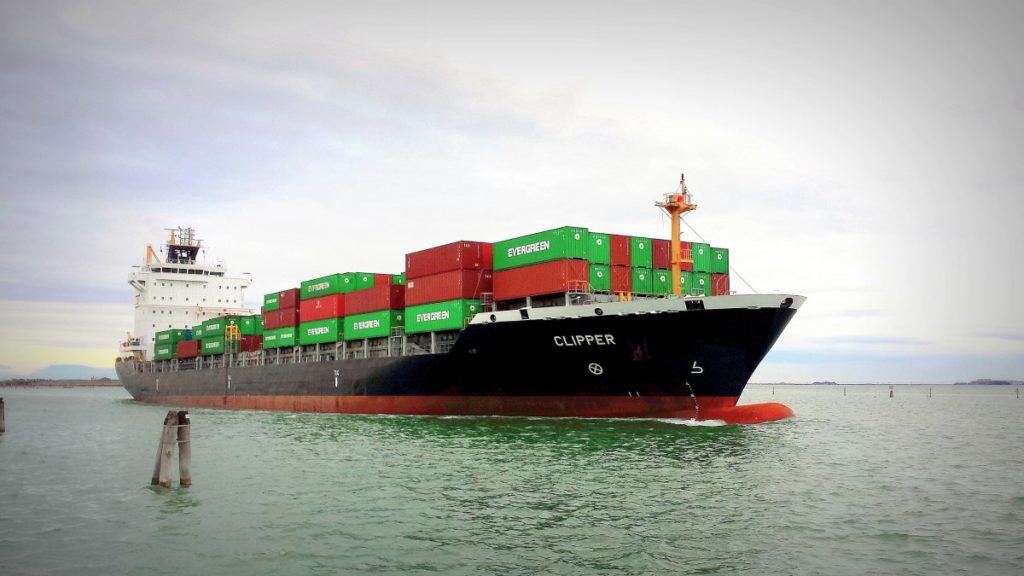The city of Ghent has a lot to lose with the implementation of Russian sanctions, particularly when it comes to the North Sea Port, as a result of the merger between the Dutch Zeeland Seaports (Vlissingen and Terneuzen) and the Flemish/Belgian port of Ghent.
Russia is the main country of origin for goods imported via the fusion port, De Standaard reports, and the European Commission is proposing a ban of Russian-operated or Russian-flagged ships from European Union ports.
The Russian share of the total freight volume for the port is as much as 11%, accounting for 6.3 million tonnes. It mainly concerns imports of coal, fertilisers, steel and linseed, said spokesperson Johan Bresseleers.
Every week, two or three ships flying a Russian flag call at North Sea Port.
Related News
- Belgium ready to deny Russian ships access to its ports
- Around 8,000 cars destined for Russia blocked in Zeebrugge port
The coal loads have to do with the ArcelorMittal steel plant in the Gent canal area. At the end of March, the top executive of the European branch of the steel plant announced that the company would stop the supply of raw materials from Russia.
Minister Vincent Van Quickenborne expects an impact on the port of Ghent as a result. When it comes to the Port of Antwerp, the impact is less clear: container ships with wood and other products will fall under the ban, but liquid bulk, oil and gas will not, meaning the impact should be less.
A spokesperson for North Sea Point said there was still a lack of clarity regarding some sanctions: “Take the decision of the European Commission to exclude agricultural products and foodstuffs from the sanctions: we do not yet know exactly what is meant by that.”
Spotting Russian ships
The Commission’s sanctions – which Belgium has already expressed support for – target all vessels registered in Russia and therefore flying the Russian flag, but at the moment it is still unclear what exactly the European Commission means by ships “sailing under Russian exploitation,” reports a spokesperson of the port of Antwerp.
Minister Vincent van Quickenborne (Open VLD) assumes that Europe wants to define that broadly. But how far the ban will ultimately go still has to be finalised by European leaders, he adds.
The Director of the Belgian Shipowners' Association, Wilfried Lemmens, already pointed out that a ship under Russian exploitation can take various forms.
A ship from another flag state could be hired by a Russian company, even if it’s located on the other side of the world, he said.
A cargo manifest, which indicates which goods have been loaded where and with what destination, should contain sufficient information to gain an insight into potential Russian origin.
But Lemmens does not rule out attempts to conceal the Russian origin of the owner, lessee or cargo via PO Box companies. In recent days, there have also been reports that more ships than average have stopped sailing under the Russian flag in the past month, “in an attempt to avoid the sanctions against Russia.”

